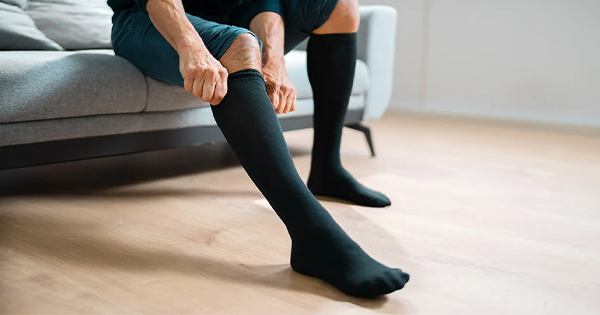Background: This study was initiated because the author noted that a large number of patients with diabetes attending a vascular orthotic clinic were not wearing the orthotic devices they had been prescribed and this was having detrimental effects on their health. A literature search found that there was very little evidence to explain why patients choose not to wear such devices. The evidence available was quantitative, which may have prevented patients from discussing their opinions.
Objectives: The aim of this study was to explore the experiences of adults with diabetes regarding the prescription and wearing of orthotic devices to better understand why some patients chose not wear them.
Methods: Participants were interviewed using semi-structured interviews. These interviews were taped, transcribed and analysed by the author and a number of themes and categories were identified.
Results: The themes that emerged included the patients’ past experiences, experiences of the clinic, problems associated with their footwear, beliefs and motivations, compliance, and coping strategies.
Conclusions: The findings have a number of implications for the care of people with diabetic foot disease. These include the need to assess and treat patients holistically, to develop trusting and open patient-practitioner relationships, and to use strategies to help patients adapt to their circumstances.
Conflict of interest: None




